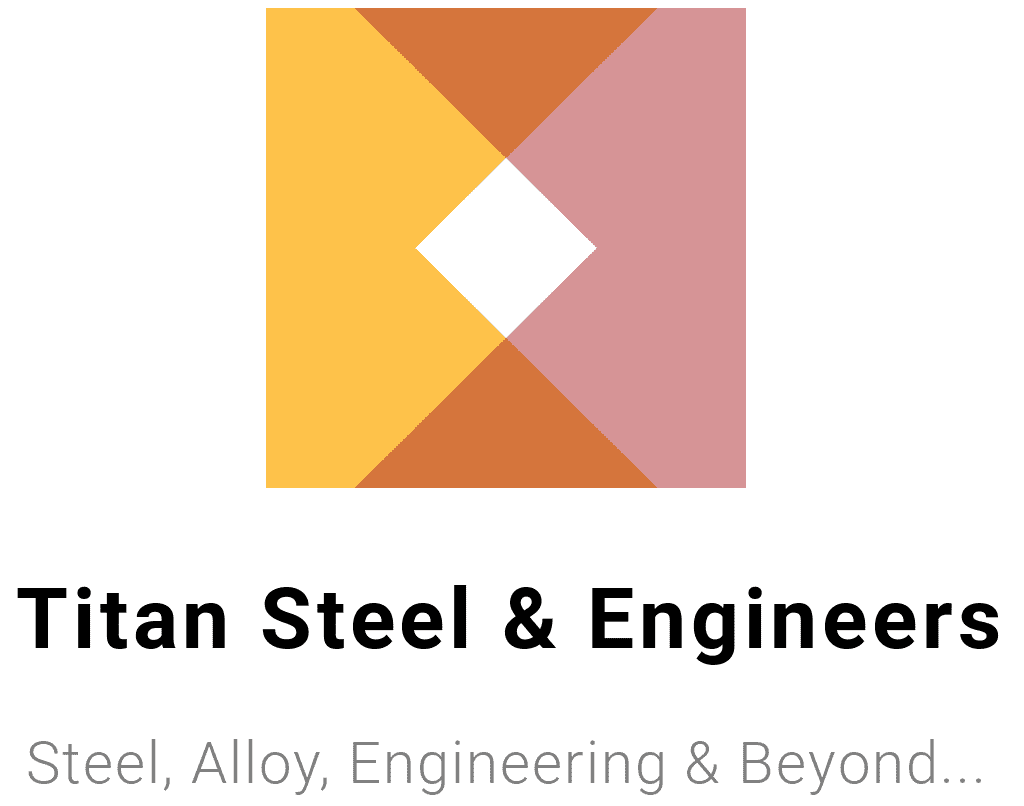Understanding Alloy Steel and Its Role in Modern Industries
Introduction to Alloy Steel
Alloy steel is a critical material in today’s engineering, manufacturing, and construction industries. Known for its exceptional strength, durability, and versatility, it is often the backbone of products and structures that demand high performance under challenging conditions. But what exactly is alloy steel? And why has it become an essential material across so many industries?
This blog will provide insights into alloy steel, breaking down its types, manufacturing process, applications, and benefits. For engineers, manufacturers, and construction professionals, understanding alloy steel is not just an academic exercise; it’s a foundational knowledge that influences material selection, product design, and innovation.
Types of Alloy Steel
Alloy steel is broadly categorized based on the composition of additional elements and their concentration. Here are the primary types of alloy steel and their distinct characteristics:
1. Low-Alloy Steel
Low-alloy steel contains up to 8% of alloying elements. These steels are designed to enhance properties like strength, toughness, and wear resistance while maintaining cost efficiency. Typical additives include manganese, nickel, chromium, and molybdenum.
- Uses: Pressure vessels, automobile components, pipelines, and structural parts.
2. High-Alloy Steel
High-alloy steel contains more than 8% of alloying elements. The most notable example is stainless steel, primarily made by adding chromium (at least 10.5%) to provide corrosion resistance.
- Uses: Kitchenware, medical instruments, aerospace parts, and architectural applications.
3. Tool Steel
This is a category of alloy steel enriched with elements like tungsten, vanadium, and molybdenum, giving it greater hardness and resistance to heat.
- Uses: Manufacturing cutting tools, dies, molds, and high-strength machinery parts.
Each category of alloy steel offers specific properties suitable for various industries, making it a versatile material in engineering and manufacturing.
Manufacturing Process
The process of manufacturing alloy steel involves several stages to ensure the desired chemical properties and mechanical performance are achieved:
1. Melting and Mixing
- Pure iron and selected alloying elements such as chromium, manganese, and nickel are melted together in a furnace.
- The proportion of elements is carefully controlled to meet the desired specifications.
2. Refining
- Impurities like sulfur and phosphorus are removed to enhance quality.
- Innovative techniques like vacuum degassing ensure a more homogeneous material.
3. Heat Treatment
- Alloy steel undergoes heat treatment processes, such as annealing, quenching, and tempering, to achieve specific properties like hardness or ductility.
4. Forming
- The steel is cast or forged into desired shapes like sheets, bars, or pipes.
- Advanced rolling and extrusion techniques ensure consistency in thickness and dimensions.
5. Surface Treatment
- Processes like galvanizing or polishing are applied, especially for high-alloy or stainless steel, to increase corrosion resistance and finish quality.
The precision and technological advances in steelmaking have made it possible to create alloy steel with tailored characteristics, supporting specialized applications across industries.
Applications Across Industries
Alloy steel is widely used due to its adaptability and superior mechanical properties. Here’s how some industries rely on this material:
1. Construction
- Alloy steel is the backbone of modern infrastructure. Used in building frameworks, bridges, and high-rise structures, it offers immense strength and structural integrity.
- Stainless steel variants resist corrosion, ensuring longer lifespans for buildings.
2. Automotive
- From the chassis to engine components, alloy steel is indispensable in the automotive world. Its strength-to-weight ratio helps reduce vehicle weight without compromising safety.
3. Aerospace
- Alloy steel’s high-temperature tolerance and lightweight characteristics make it suitable for aircraft structural parts, jet engines, and spacecraft.
4. Energy Sector
- It plays a significant role in power generation, especially in turbines, nuclear reactors, and pipelines. Its resistance to extreme conditions is crucial for energy applications.
5. Tooling and Machinery
- Tool steel and other alloy steel variants are vital in machining and industrial manufacturing due to their extreme hardness and heat resistance.
These diverse applications underline the indispensable role alloy steel plays in various industries, ensuring safety, performance, and innovation.
Benefits and Advantages
Why is alloy steel the material of choice for so many applications? Here are its key benefits:
1. Strength and Durability
- Alloy steel delivers exceptional tensile strength and toughness, making it suitable for high-stress applications.
2. Corrosion Resistance
- High-alloy steels, particularly stainless steel, resist rust and oxidation, reducing maintenance costs over time.
3. Heat Resistance
- Many alloy steels retain their mechanical properties at extremely high temperatures, critical for industries like energy and aerospace.
4. Versatility
- The ability to customize the material’s characteristics by altering the alloying elements ensures flexibility across a wide range of industries.
5. Sustainability
- Modern production techniques emphasize recyclability and energy efficiency, making alloy steel an environmentally friendly choice.
Future Trends in Alloy Steel
The alloy steel industry is evolving rapidly, driven by advancements in technology and changing environmental considerations.
1. Smart Alloys
- The development of “smart” alloy steels that adapt to environmental changes (like temperature and stress) holds promise for future innovations, particularly in smart infrastructure and robotics.
2. Sustainability Initiatives
- A push toward green manufacturing processes and the increased recycling of alloy steel are making the material more eco-friendly.
3. Enhanced Performance Materials
- Engineers are continually working on creating stronger and lighter alloys to meet the demands of modern industries like aerospace and electric vehicles (EVs).
These trends suggest a bright future for alloy steel as industries continue to evolve and demand high-performance materials.
Mastering Alloy Steel for Your Industry
Understanding the versatility and applications of alloy steel is essential for engineers, manufacturers, and construction professionals. From its types and manufacturing processes to its benefits and future trends, alloy steel remains a pivotal material in shaping modern infrastructure and innovation.
If you’re looking to explore high-quality alloy steel solutions tailored to your industry, don’t hesitate to consult with experts or suppliers who specialize in advanced materials. By leveraging alloy steel effectively, you can drive performance, efficiency, and sustainability in your projects.

